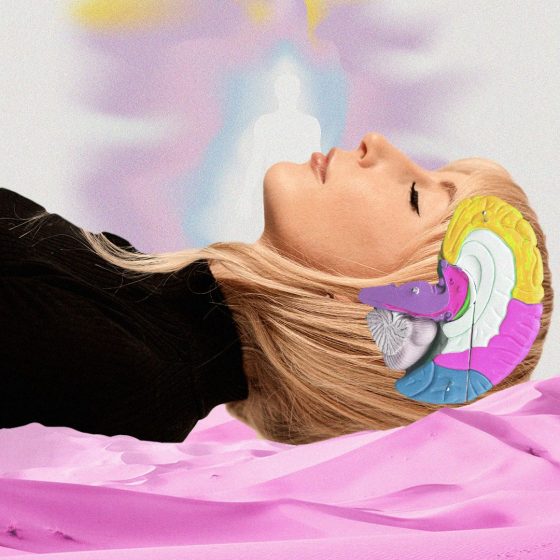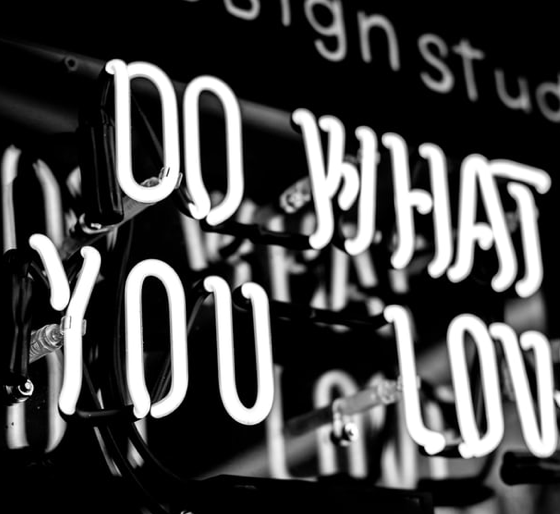Imagine you’re ordering coffee in your local café. You look up, and what do you see? Aside from the streams of flat whites and delicate displays of Danishes, you’ll see freelancers. The sacred plug socket pilgrims, the nursing-one-cup-of-Joe demographic. You might even see me, for I am part of the freelance generation.
My journey into self-employment was like slipping into a warm bath (or, as the 21st century equivalent goes, popping on an episode of RuPaul in my lunch hour – #selfcare #slipperyslope). I’d already been side-hustling alongside a full-time job, so when my permanent contract came to an end, freelancing took centre-stage. By dint of my demographic, I’m predisposed to self-employment – the number of freelancers aged 26 to 29 has risen 66 per cent since 2008, according to the Association of Independent Professionals and the Self-Employed (IPSE) – so, with only whispers of the promising multi-hyphenate lifestyle, high on a heady mix of anticipation and adrenaline, I made myself my own boss.
These days, I don’t tend to work in coffee shops. Call it ‘sole-trader-guilt’, but I can no longer stomach sitting in the same seat for eight hours nursing a decaf, gluten-free, no-fun (small) Americano. Coffee shops, quite rightly, are made for drinking coffee in and, from my freelancer cup, it’s started to taste a bit bitter. But there’s no point crying over spilt milk – I’ve relocated my office to the spare room in my flat. I’m working from home now. Yay!
It started off so well. No commuting, no office politics, more time in bed. However, despite my best efforts at strict boundary-setting – taking lunch at a reasonable lunchtime and not 11am, for example – the blur between my professional and my domestic work is becoming increasingly opaque. Popping on the kettle forces me to engage with last night’s soaking pans. Going for a wee offers up a three-minute window of scrutiny over the cleanliness of my bathroom. The domesticity creeps in so slyly, and under the guise of good intention. It makes sense for me to put a wash on over lunch or go grocery shopping at 3pm to miss the rush-hour checkout horrors, surely? And yet, I am feeling anxious. Why do domestic jobs when I should be at work?
Perhaps by virtue of my gender, I’m primed to notice domestic jobs. In September 2017, in an article for Harper’s Bazaar entitled ‘Women Aren’t Nags – We’re Just Fed Up’, writer Gemma Hartley admitted that all she wanted for Mother’s Day was a professionally cleaned house. Instead, she got a necklace. Now, don’t get me wrong, a necklace is nice and all. But when we get down to the nitty gritty, Hartley wanted what we all want – someone else to bear the emotional load. Speaking explicitly, she wanted her husband to research cleaners, call them, confirm prices, arrange a date and pay them.
The article went viral. It was shared by nearly one million people, most of them women, and it sang to me. I read more. Specifically, the work of American sociologist Arlie Hochschild, who wrote that: “Every ‘I’ comes with a ‘we.’ We depend on others, and stand ready to be depended upon.” In her 1983 book, The Managed Heart, Hochschild’s approach to emotional labour focuses on the professional, on occupations such as nursing and childcare, often filled by women and requiring a component of emotional tenderness – listening, smiling, being attentive, caring.
This got me thinking. The unnoticed emotional labour that we, as women, tend to take on more than men, is not our only problem. Unnoticed domesticity is just as much of an issue, especially given that the number of female freelancers has grown more than men in recent years (55 per cent since 2008, compared to 36 per cent for men, according to IPSE). Hence, it makes sense that more women might be letting their personal workload creep into their professional day. Like me.
No wonder we’re increasingly anxious and on the edge of near-constant burnout. Crucially, this is subtle. As Hartley also acknowledges, while my husband is a feminist (hurrah!) and neither of us subscribes to the heteronormative gender divides, in this area of our co-habitation, I will clean the bathroom at lunchtime and he will have no idea. When I tell him, he feels guilty and I feel braggy. Lose-lose.
So what can be done? Well, it is time to reclaim our professional space and time for professional ventures only. We must resist the urge to don the marigolds and start planning dinner. We must save domesticity for after work. Boundaries are not only important for freelancers, but also for women, and we must ensure ours are steadfast. Just because our workforce is changing, our domestic load doesn’t have to.









